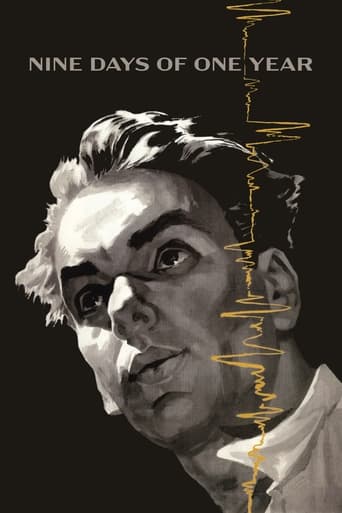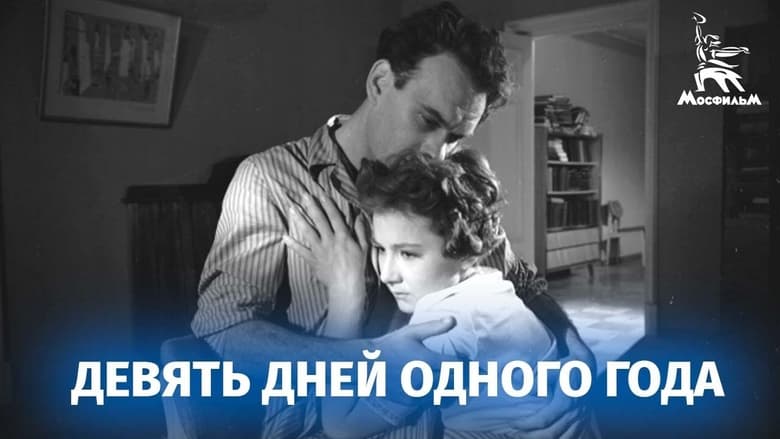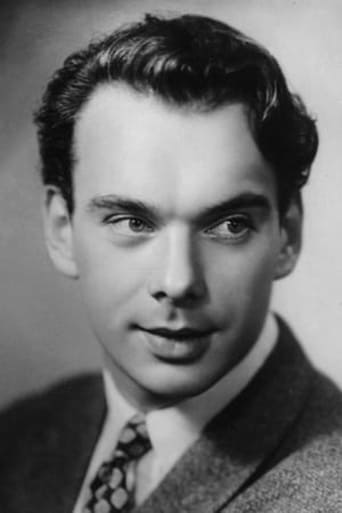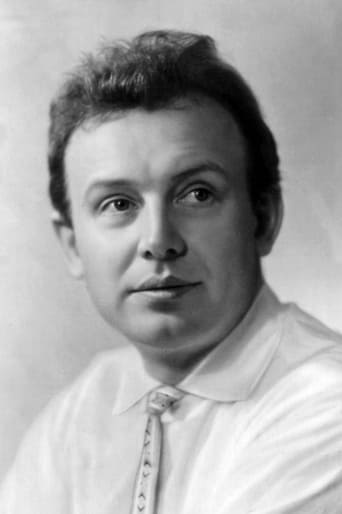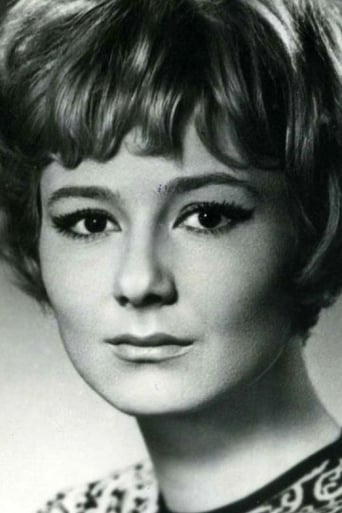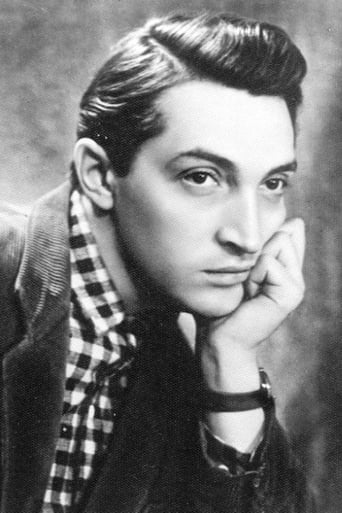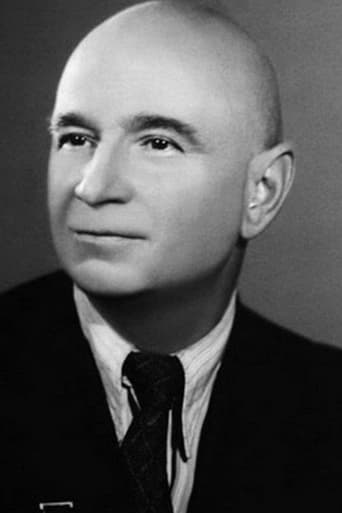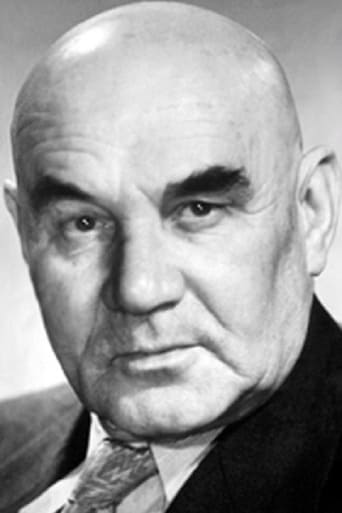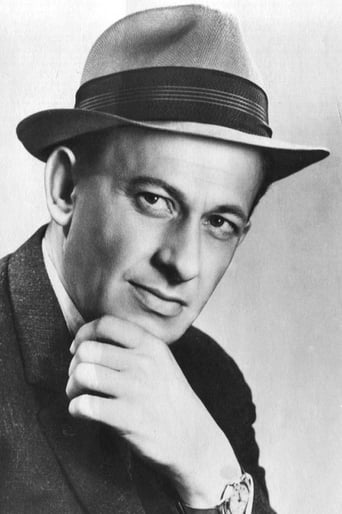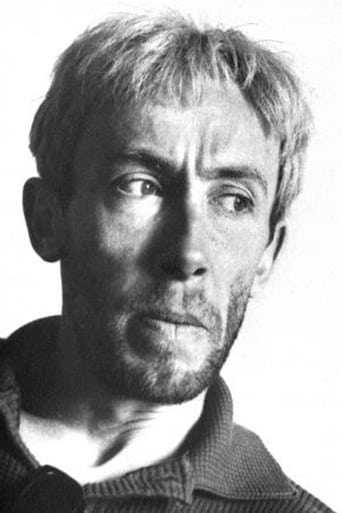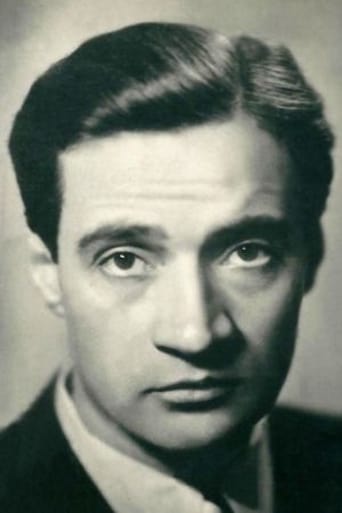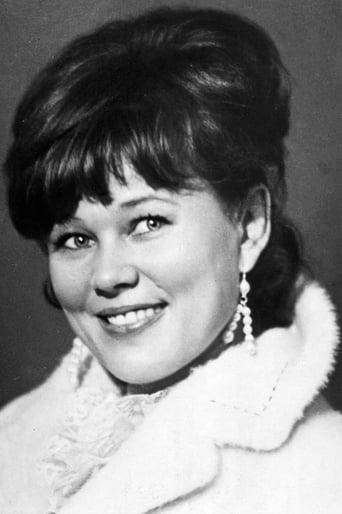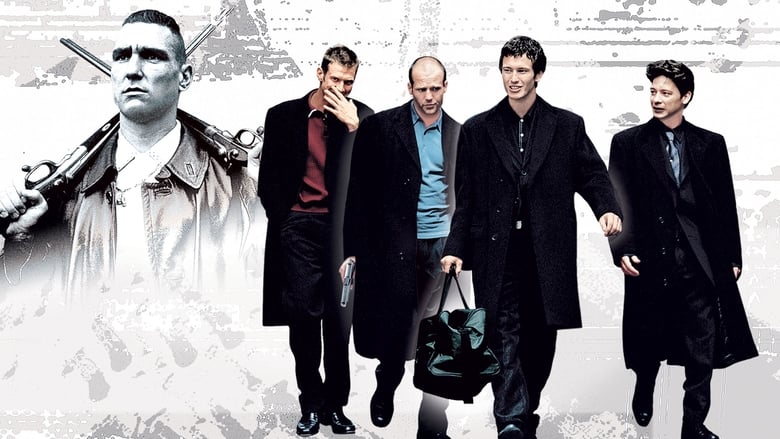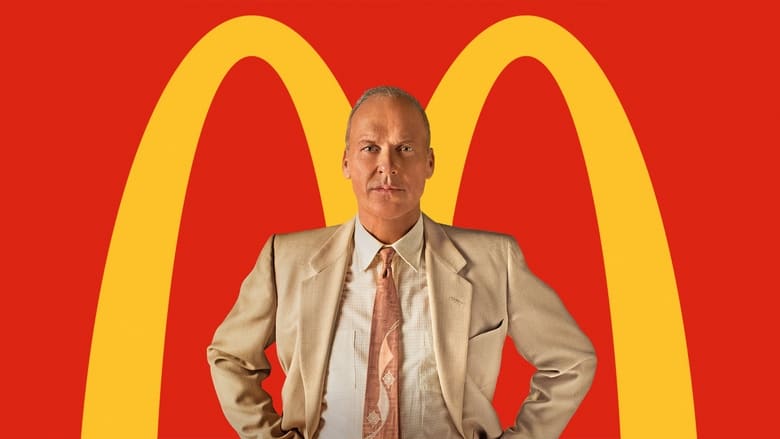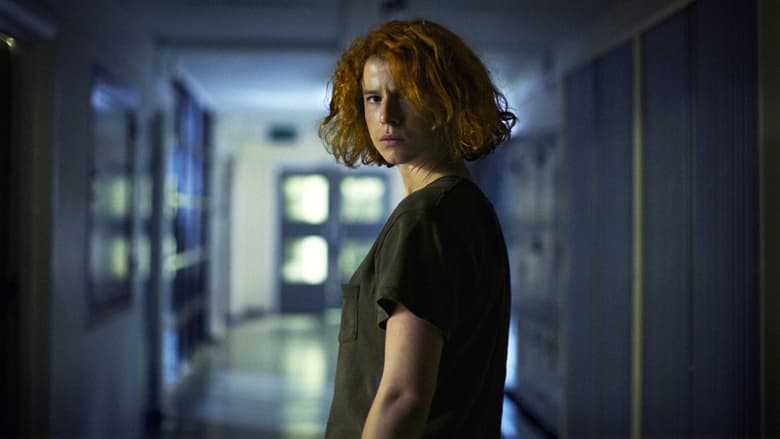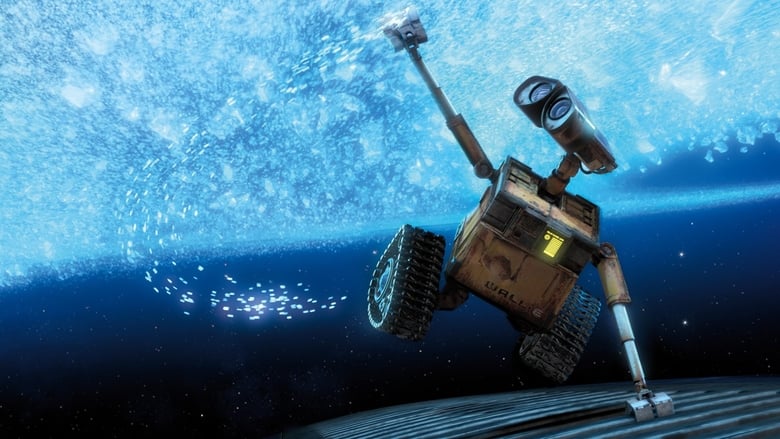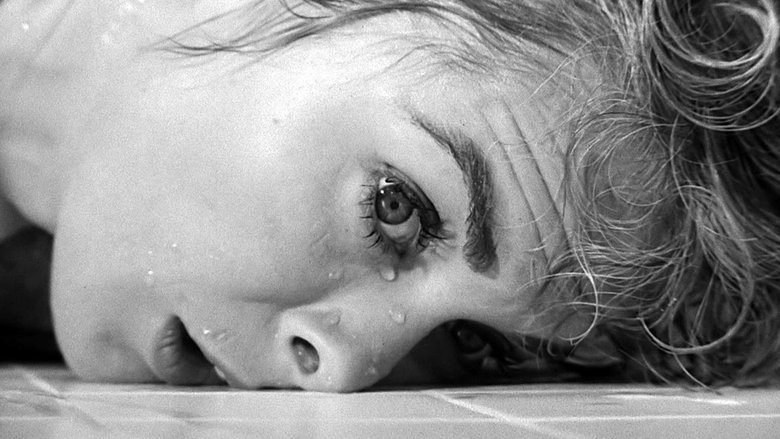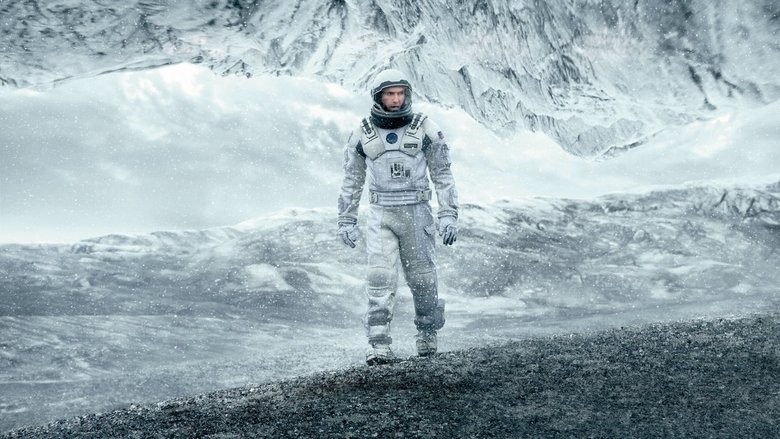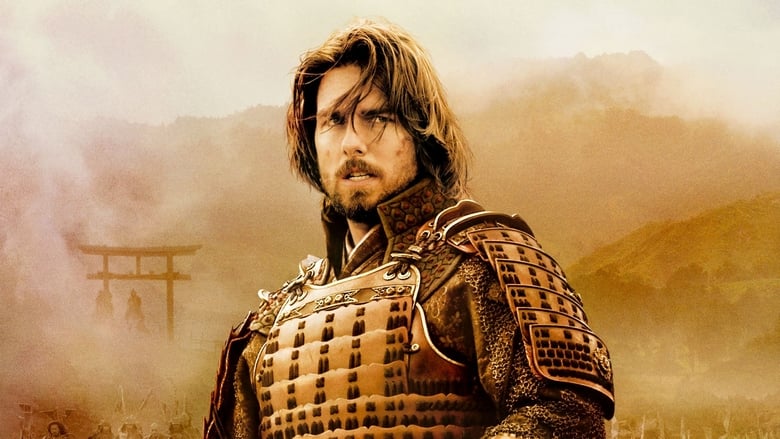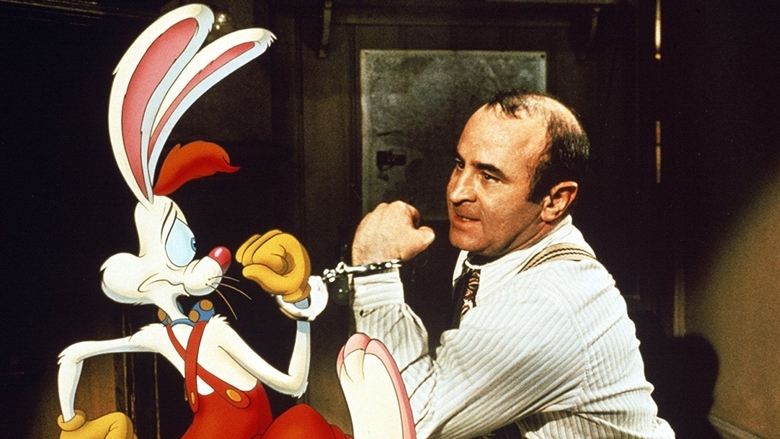Two young scientists are exploring new fields of nuclear physics. Dmitry Gusev and Ilya Kulikov are good friends, but rivals in love. Dmitry marries Lyolya and they live happily together. Luck has it that he makes an important discovery. Unfortunately he exposes himself to radioactivity during the experiments. As a result he falls seriously ill. However Dmitry has a strong spirit. His will to live, the deep passion for his work and his strong love for mankind makes it possible for him to recover.


Similar titles


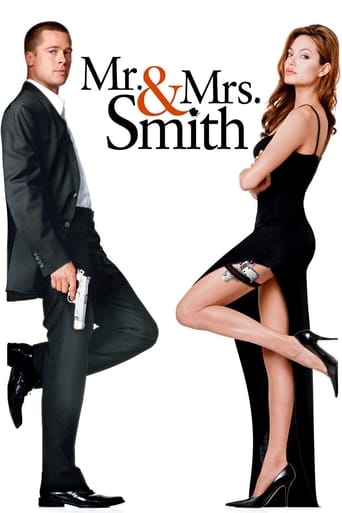
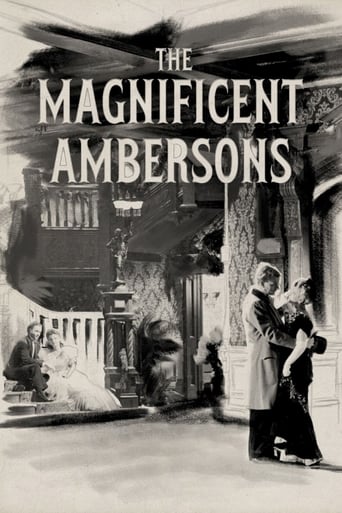

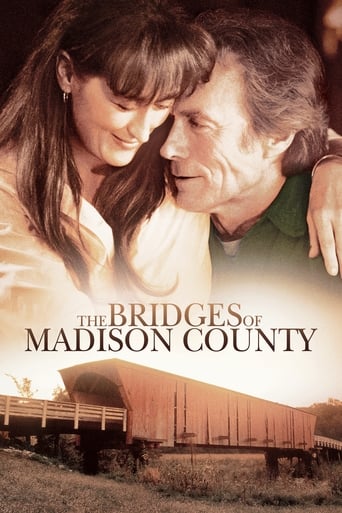
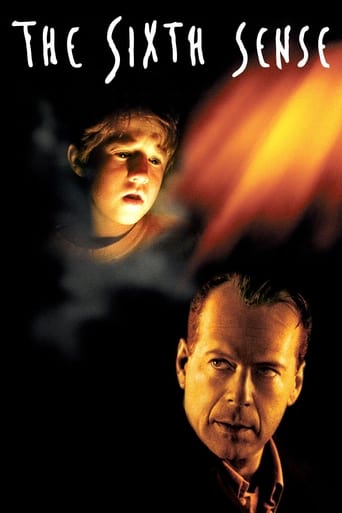



Reviews
A fantastic film with elements of the existential ponderings of Bergman, new wave filmmaking ala Chabrol or Godard, and the Soviet science fiction of the Strugatsky brothers, 'Nine Days of One Year' tells the story of a Soviet physicist risking his life to make breakthroughs in thermonuclear energy. The scientist, Dmitri (or Mitya, played by Aleksey Batalov), is also in a love triangle with his friend and colleague Ilya (Innokenty Smoktunovsky) for the affections of another scientist, Lyoyla (Tatyana Lavrova).Director Mikhail Romm pulls all the right strings as he creates beautiful scenes and evokes emotion. The massive machinery of the reactor, the experiments, and the personalities involved all feel very real, and those with a background in science may especially like this film. Hey, this is a movie where, at a wedding, nuclear physics and space travel are discussed! But that scene has such a light and organic feel to it, with the colleagues interrupting one another during their toasts (as well as performing a few calculations on napkins), that despite what sounds like dry subject matter, it's wonderful. Smoktunovsky turns in a great performance as Ilya, who makes philosophical and often cynical comments on humanity and its use of technology. "Mankind has reached such perfection that it can eliminate all life on Earth in 20 minutes," he says early on. And yet the film has an optimism to it as well. When one scientist points out how impossible travel to the edge of the galaxy would be, another says that "when Tsiolkovsky developed his rocket equation sitting in the restaurant Yar, scientific skeptics like you, doodling on their napkins, concluded that he was crazy. Yet today we fly in space." Konstantin Tsiolkovsky was a real scientist, and developed his equation in 1897, and the film does have a certain pride in Russian/Soviet technology, rightfully so.Tatyana Lavrova is also strong as Lyolya, at first whimsical as she tries to figure out which of the two she should marry, and then melancholy as she finds herself neglected. She is a nuclear physicist herself, and it's sad when she begins to doubt herself as a wife and scientist. As Mitya sacrifices his health by being exposed to harmful levels of radiation, she sacrifices her happiness in supporting him through his frustrations when the experiments aren't successful. The inner dialogue Romm employs with her is great, particularly in a scene when Ilya is expounding on makind, which I've excerpted below. Batalov plays the grim and determined Mitya well, and the scene when he visits his family and talks to his elderly father is especially poignant. The film was made in 1962 at the height of the Cold War (with the US and USSR feverishly developing massive atomic bombs and about to head into the Cuban Missile Crisis, among other things), but it only has a few glimpses of nationalism. In one, the Western uses of science to advance warfare in horrific ways are alluded to, and contrasted with Mitya's desire to create a thermonuclear reaction to produce energy, which will help "advance communism". In another, Mitya tells his father that the Soviets needed to have developed the bomb or they would have been eliminated along with half the people on earth, presumably because of the Americans. However, the film also has one of the Soviet scientists saying that modern warfare promotes science, that the two are inseparable, and there is also a reference to Stalin's purges, as Ilya says he would have known to hold his tongue to avoid appearing "ideologically unreliable." That's a remarkable reference, considering how touchy the subject was. Just a few years earlier, Vasily Grossman's epic novel 'Life and Fate' (which also features a nuclear physicist as a protagonist), was seized by the KGB, and despite some softening under Khruschev, citizens and artists still had to be very careful. I've rambled probably a bit too much here, and will summarize. Don't be afraid of the physics! Or that this sounds like a dark film from behind the Iron Curtain. It's beautiful, philosophical, and uplifting, and it's also a fascinating window into the USSR in 1962. Quotes: On technology and warfare. Ilya: "Science advanced the knowledge of chemistry. And then the Germans invented poison gas. The internal combustion engine was developed, and the English built tanks. The chain reaction was developed, and the Americans dropped the bomb on Hiroshima. Doesn't it make you want to stop and think?"On mankind: Ilya: "Do you really think that man has become more intelligent in the last 30,000 years? No, our brain has not grown bigger. The inventor of the wheel was as brilliant as Einstein. Whoever discovered fire was smarter than a quantum physicist. Think about the pharaoh Akhenaton. He lived 4,000 years ago. Or queen Nefertiti. What fine, intellectual, inspired faces. And now look around you. Neanderthals. Look at them. Look at them. (pointing) There. Look over there. Those are Danes there. Those are ours. Americans. Look at that Australopithecus. Waiter: "May I help you?" Ilya: "No, no. Nothing. (continuing to Mitya) But a pharaoh could only destroy 5,000, maybe 10,000 people. Today that is nothing - a trifle." Lyolya (thinking): "He loves me. He still loves me. I can see it now. Mitya, look my way. He doesn't want to. Ilya looks at me." Ilya: "And no Genghis Khan could imagine the death camps and gas chambers. He wouldn't think to fertilize fields with human ashes, fill mattresses with women's hair or make lampshades from human skin." Mitya: "You know Ilya, I envy you. Only an optimist can afford to view the world with such pessimism. You must be doing well."On communism: Mitya: "I'm sick and tired of your kind nature." Ilya: "Building communism requires even kind-hearted people."On fools; this one seemed dead-on relative to the current president of the US: Ilya: "Fools are always interesting, Mitya. Fools are, so to speak, a social phenomenon. I make a study of them. Life would be incomplete without fools. A fool reflects his times with amazing precision. The wise may be either ahead of or behind their times. This doesn't happen with the fool."
...who I love it. for performances, off course, Batalov and Smoktunovsky are, always, the good choice. for the director, in same measure. for image and splendid cinematography. but, first, for human virtues in the right light. it is a film about science and love and happiness and dedication. simple, dramatic, seductive, bitter. portrait of profound solitude. and need to escape from yourself. a poem. support for reflection. about limits. about hope. about the force to escape from the circle of appearances. and the courage to assume yours limits, ideals, fights.
I am inclined to say I enjoyed the movie, though it was far from perfect. Did we need a narrator? His presence at the start of the movie hinted at a fairy tale. Not only was this not the case, but by the time he appeared again – at the end of the film – I had forgotten he was there and jumped, thinking, "Oh, that's right, there's a narrator here." I'm also not sure I agree with the film's message, or if I even find it realistic enough to be believable. We see Gusev's teacher happily give his life for science and then see his apprentice happily follow the same path. I wish we had gotten a longer bout of skepticism than the two minutes of screen time given to Gusev's father. I found myself completely agreeing with him. Do we need these atoms right now? Wouldn't it be better if science first researched a safe way to observe them? This made Gusev's character harder to relate to for me. Does he not value his own life, or does he place greater value on continuing Sintsov's experiments? Past that, the film was likable. I found it somewhat saddening that the science it described was presented more accurately than our own. I can't remember the last time I watched a movie that depicted the risks of carrying out new experiments. It's sad that our current movies tend to focus on the action and progress brought about by science and not on the risks it carries. Despite Gusev's willingness to give up his life, I found the movie more believable for how it handled the science. I was also pleased with how most researchers (aside from Gusev, who, again was wholly devoted to his work) were presented outside of their labs. The scenes of them eating dinner and living at home humanized them, and made the film more real. In the end, I enjoyed Nine Days In One Year, but no thanks to Gusev's presence, and I do think it can do without the half-hearted narration.
I am Russian, I am a scientist, and, probably, that's why I like it. This film together with the book by brothers Strugatsky "Monday begins on Saturday" forms a manifestation of the Russian science spirit, as it was in good old Soviet era days. May be, the very special atmosphere of leading Soviet research institutes, the atmosphere of creativity and self-sacrifice, is one of a few positive contributions that communists have brought to the Russian culture. At least, the film of Mikhail Romm brings us to the wonderland, where people believe in what they do. Romm tells us a sad and beautiful story about an island of freedom, the island which is nowadays lost under the waters of "real life".
